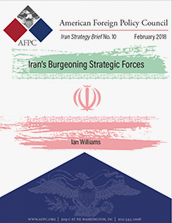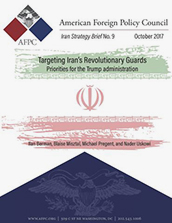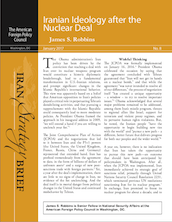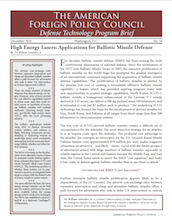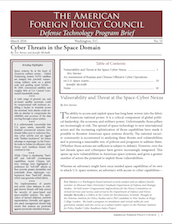The ability to access and exploit space has long been woven into the fabric of American national power. It is a critical component of global political leadership, the economy, and military power. Unfortunately, those pillars are increasingly at risk. The spread of space technology to new international actors and the increasing sophistication of those capabilities have made it possible to threaten American space systems directly. The national security community is accustomed to analyzing these threats and vulnerabilities and is pursuing a reasonable mix of policies and programs to address them. (Whether those actions are sufficient is subject to debate). However, over the last decade space and cyberspace have grown increasingly integrated. This opens up new vulnerabilities in American space systems, and gives a greater number of actors the potential to exploit those vulnerabilities...
